I am woman
The other day, while doing a crossword puzzle, I came across a clue about “March Madness.” I immediately recognized it as the NCAA Men’s Division I basketball tournament in the US. But then it struck me—March is also National Women’s Month. If anything deserves to be called “March Madness,” it’s the relentless struggle of women fighting for their rightful place in a world historically dominated by men.
The battle for women’s rights has been anything but easy, marked by triumphs, setbacks, and unwavering perseverance. From securing the right to vote to breaking corporate glass ceilings, from challenging deeply ingrained sexism to advocating for reproductive rights and protection against violence, women have reshaped societies worldwide.
For centuries, women have had to claw their way into spaces where men insisted they didn’t belong. The suffragettes of the early 20th century faced an unjust system head-on. Films like Suffragette and On the Basis of Sex remind us of the legal battles for women’s rights, while Mrs. America highlights the irony of women opposing their own equality during the fight for the Equal Rights Amendment in the US Constitution.

Despite progress, disparities persist. Women now earn degrees at higher rates than men, yet the wage gap remains a stubborn reality. Reports from the UN and Pew Research Center confirm that women still make significantly less than men for the same work.
Pop culture reflects these struggles. The Marvelous Mrs. Maisel, The Law According to Lidia Poët, and Hidden Figures depict the exhausting reality of being twice as good for half the credit, while North Country sheds light on the first sexual harassment lawsuit in the US, proving that even in so-called progressive times, speaking out has consequences.
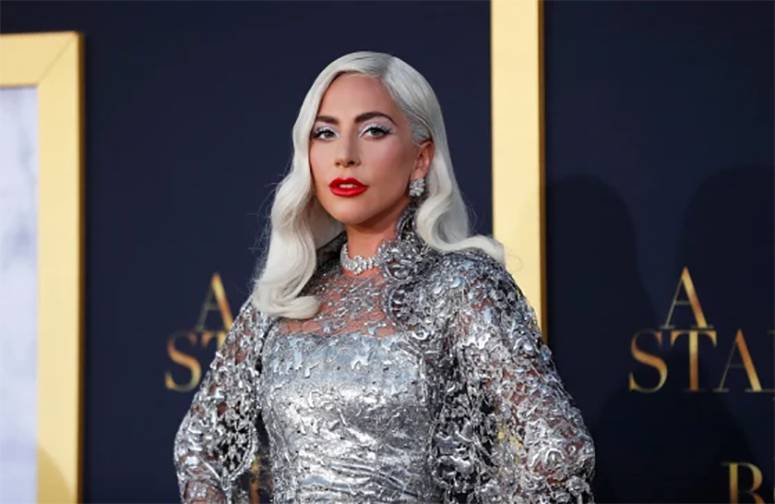
Sports, too, tell a powerful story. A League of Their Own showcased women baseball players proving their skill—despite playing in skirts. Today, women in entertainment like Taylor Swift, Rihanna, and Lady Gaga redefine female success, demonstrating that it’s not just about talent but about rewriting the rules altogether and following one’s individuality.
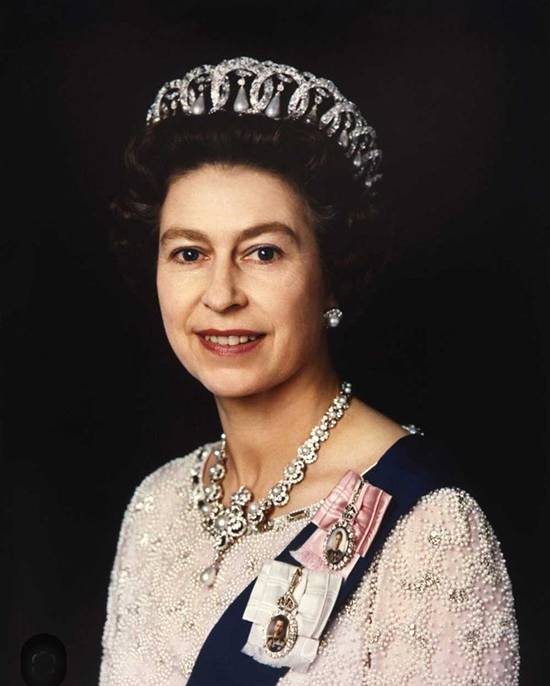
Beyond Hollywood, Asian dramas and films provide compelling perspectives on gender struggles. Kim Ji-young, Born 1982 exposes everyday sexism in Korea, while The Queen’s Umbrella tells the story of a mother fighting for her sons in a rigidly patriarchal royal court. Juvenile Justice features a female judge asserting her authority in a male-dominated legal system.

Japanese and Chinese media also explore women’s resilience. Oshin follows a woman’s journey from hardship to success, while Miss Sherlock offers a fresh take on the iconic detective through a female perspective (Elementary, Wato-san. Elementary). The Story of Yanxi Palace showcases intelligence over beauty in palace politics, while Nothing But Thirty examines the modern struggles of women redefining their lives at 30.

Gender-bending narratives have long fascinated audiences, with women being painted as men in disguise to get ahead (or evade persecution). Asian dramas play a lot with this theme. My wife and I love Coffee Prince, which follows a woman hiding her identity to work at a male-only café, complicated when love enters the picture. The King’s Affection, the first Korean drama to win an International Emmy Award, stars Park Eun-bin as a hidden royal twin.
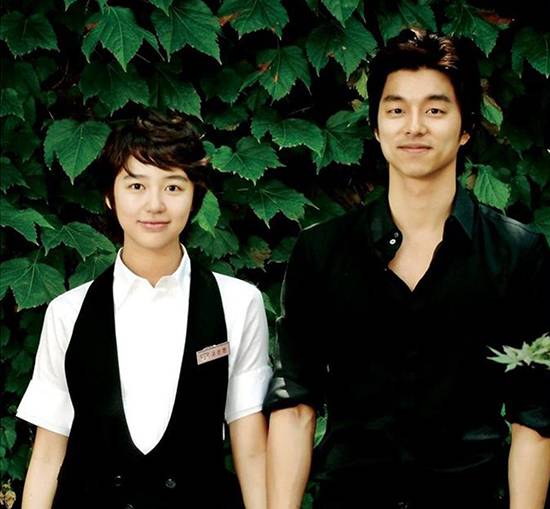
Our other favorites include Love in the Moonlight and Our Blooming Youth, where shockingly delicate-looking women impersonate eunuchs (with nothing “hanging” beneath their robes to give them away). In Captivating the King, Shin Hee-soo’s disguise as a male baduk player is laughably unconvincing—but, of course, she still captures the king’s heart.

Women have also left an indelible mark on literature, dance, and visual arts. Jane Austen and the Brontë sisters defied societal norms with their novels, while Maya Angelou and Margaret Atwood continue to inspire with their powerful words. In dance, Martha Graham revolutionized modern choreography, and Frida Kahlo’s art remains a symbol of rebellion, resilience, and self-expression. These pioneers and many others have shaped cultural landscapes, challenging conventions and pushing boundaries.
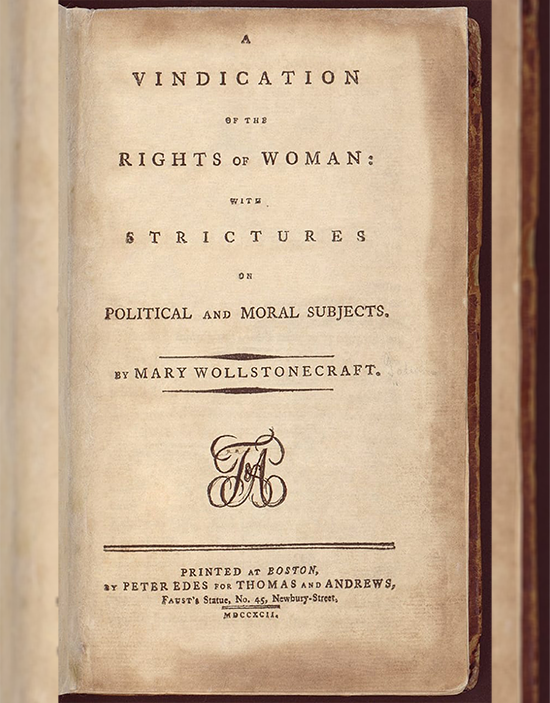
For centuries, the phrase “weaker sex” has been used to diminish women. Mary Wollstonecraft’s A Vindication of the Rights of Woman (1792) critiques this idea, though the term predates her. The Bible, specifically 1 Peter 3:7, refers to women as the “weaker vessel,” likely influencing later usage. The Victorian era reinforced rigid gender roles, with writers, philosophers, and legal texts justifying women’s exclusion from many rights and professions.
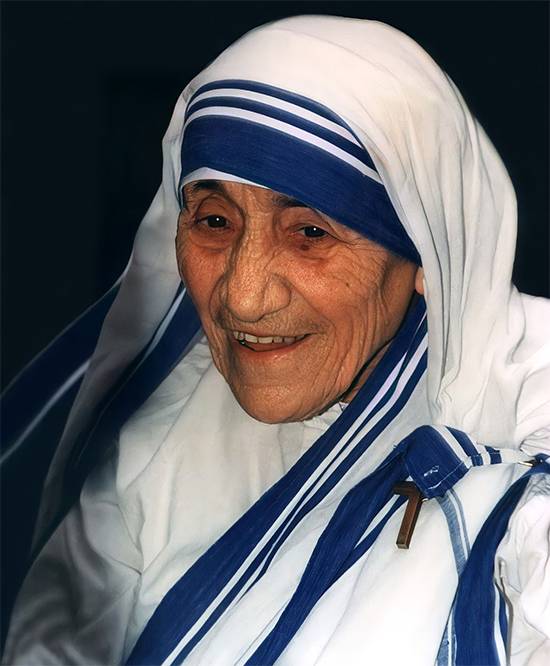
Yet history tells a different story. From Cleopatra, Joan of Arc, Boudicca, and Queen Elizabeth I redefining leadership, to Marie Curie revolutionizing science and Hollywood bombshell Hedy Lamarr laying the groundwork for Wi-Fi, women have continuously shaped the world.
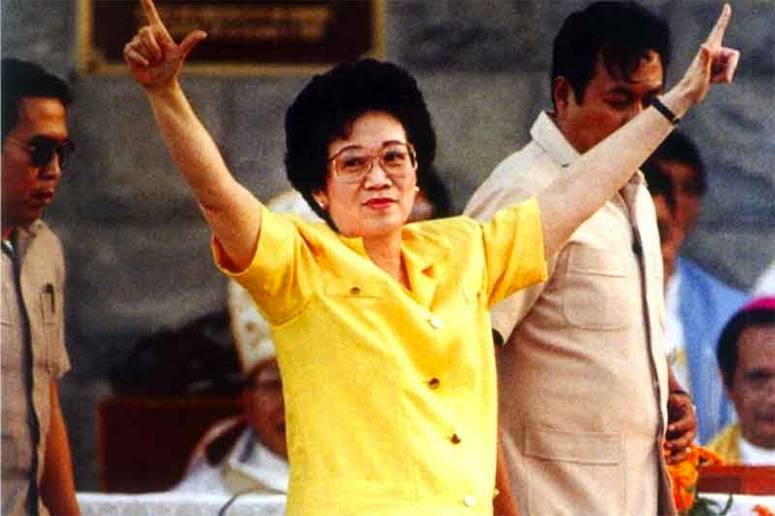
Gabriela Silang and Rani Lakshmi Bai fought for their countries’ freedom. Indira Gandhi and Cory Aquino led their nations through turmoil. Nobel Peace laureates Mother Teresa and Maria Ressa (whose names even rhyme!) challenged injustice in vastly different ways. Korean writer Han Kang—the first Asian woman to be honored with a Nobel Prize in Literature—joins this list of literary powerhouses, using her pen to challenge norms and expose raw human emotions.
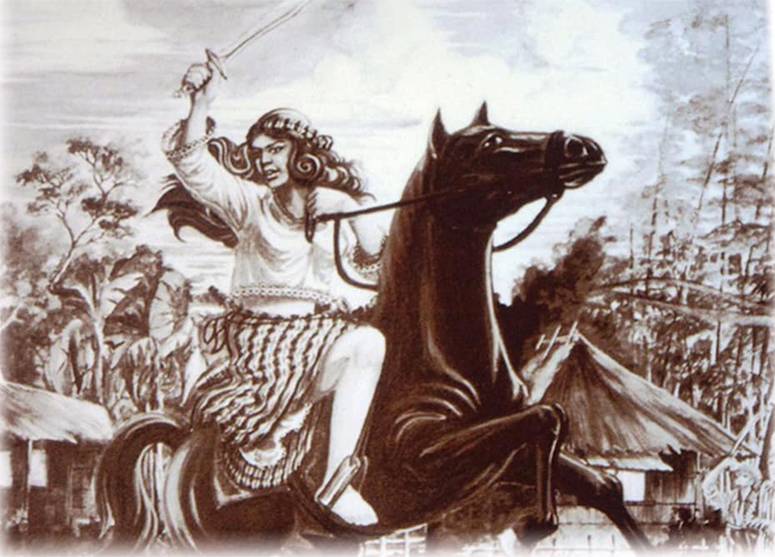
Science fiction and historical fiction have also given us strong female protagonists. Jean M. Auel’s Earth’s Children series introduced Ayla, a prehistoric woman whose intelligence and resilience defy societal expectations. Auel’s words are hard to forget: “The difference in the brains of men and women was imposed by nature, and only cemented by culture.” Another striking line from The Clan of the Cave Bear reminds us of the raw strength of women: “She was a woman, and she had more courage … more determination, more self-control. She was more man than you are.”

It is reassuring that the next generation continues to push boundaries. Young leaders like Greta Thunberg and Malala Yousafzai demonstrate that activism is thriving, proving that while the struggle isn’t over, neither is women’s determination to reshape the world.
Back in 1972, Helen Reddy’s anthem I Am Woman became the soundtrack to a movement, its lyrics still echoing today: “If I have to, I can face anything. I am strong. I am invincible. I am woman.”
If history has shown us anything, it’s that women—far from being the “weaker sex”—have always been indomitable.


